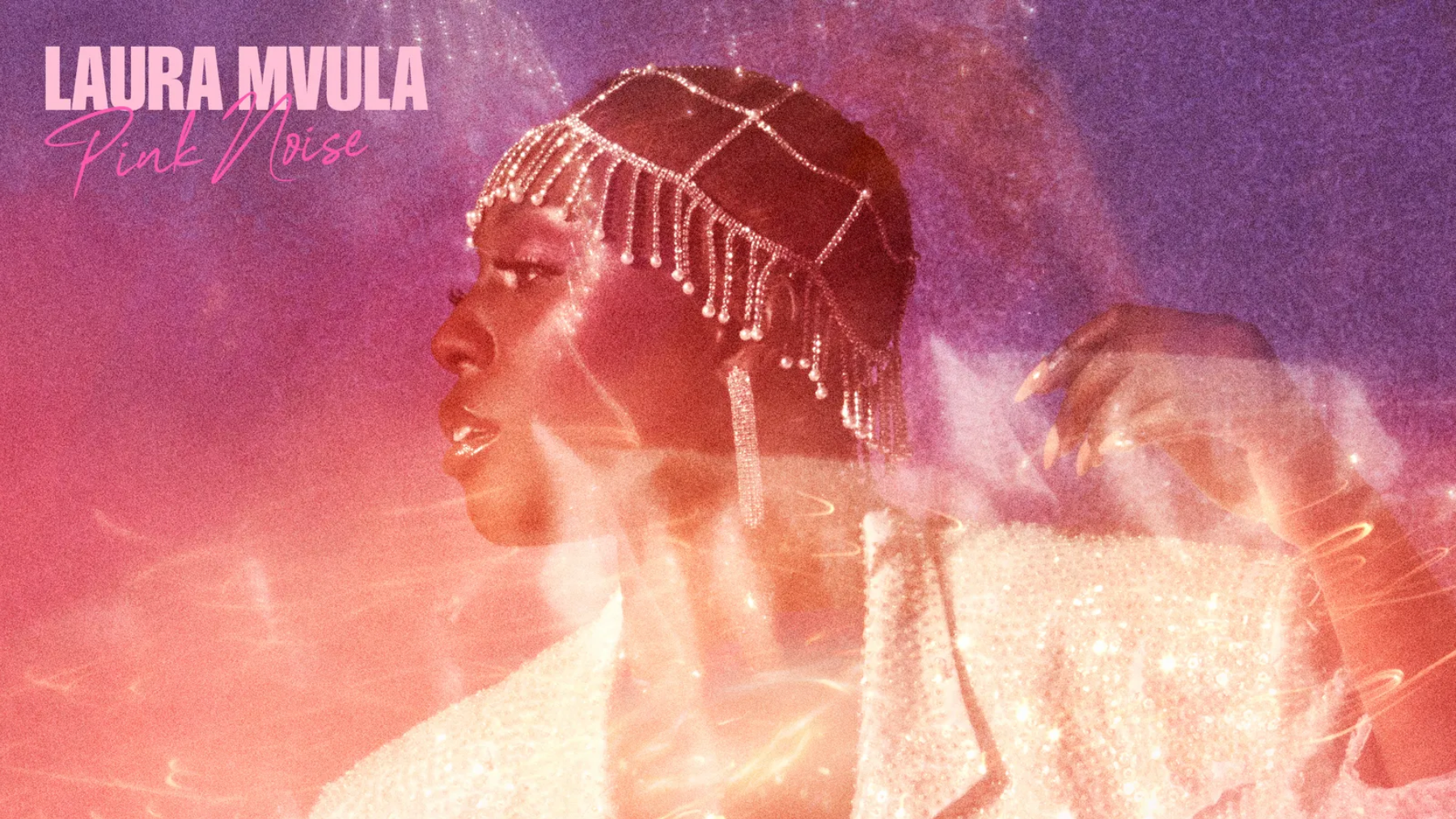Album review: Pink Noise - Laura Mvula
Laura Mvula's first album in five years is a joyful, 80s-influenced reminder of the pop music's brilliance.

I first encountered Laura Mvula when she performed with Eric Whitacre at Union Chapel, London, in 2014. Almost exactly a year before that show, she had released Sing To The Moon, her debut album.
That record was packed full of neo-soul tracks, with a stunningly diverse range of influences and distinctly Mvula's own sound. Partly, the album made such an impact due to her varied vocals, jumping between robust numbers and softer, quieter delivery (like the performance on standout track, She).
This was followed up by an orchestral take on Sing To The Moon in 2014. This in itself is somewhat unusual; it's often years into a career that artists are allowed the opportunity to reimagine a record with a full orchestra.
The songs suited this treatment, even if it didn't drastically alter the dynamics of the album. Two years later, we were treated to The Dreaming Room, an eclectic and ambitious album. The tracks were more purposeful, musically and lyrically.
Despite this strong start to her career, by early 2017, she was dropped by Sony's label. In the following years, she performed at some prestigious events and composed the music for the Royal Shakespeare Company's production of Anthony and Cleopatra. However, there was no word on any new releases. Then, in early 2021, Laura Mvula released her first EP since 2012, 1/f.
It was a hint at the renewed musical direction Mvula was to take on her third studio album, Pink Noise, released on 2nd July 2021. The album, named after the physical phenomenon of pink noise (also known as 1/f), retains the hook-laden songwriting of earlier efforts, but there's a substantial change in production.
Mvula is supremely talented at creating memorable, lasting melodies. So, in many ways, synth and funk-laden 80s-influenced pop is a natural fit. The album starts with Safe Passage, a sparkling, bright track that, production aside, wouldn't sound entirely out of place on Sing To The Moon.
Musically, the song conjures up images of late-summer evenings, with a gentle breeze flowing as the sun fades away. This isn't wholly surprising, as Mvula revealed to NME that the song "...is a poem about the vehicle that takes us all from the space where we feel like we're drowning, and we're trapped to the promised land, which actually exists."
Only three tracks in, Church Girl is one of the album's standout tracks and possibly of Mvula's discography to date. If you were to imagine the glistening nostalgia of the recent 80s revival movement combined with soaring synths, an excellent vocal performance (overdubbed to powerful effect), and some insightful, revealing lyrics, you'd be not far off.
According to an interview with Apple Music, Chris Martin (of Coldplay) said this was his standout track, and you can see how it'd slot neatly alongside that band's post-Viva La Vida output.
On The Dreaming Room, Mvula worked with acclaimed musician Nile Rogers. His infamous funk guitar technique was a central feature of that album's single, Overcome.
Magical resurfaces that guitar sound on a far more chilled but no less enjoyable track, with lyrics like "do you remember, the time when we were together" fitting the nostalgic overtones of the album. As we get to the latter half of the album, there's an unusual guest spot for Simon Neil, frontman and songwriter for Biffy Clyro.
This collaboration doesn't seem like it'd fit on paper, but What Matters is the perfect vehicle for the two songwriters. The pop ballad, so famous (or overused) in the 80s, is soaked in synths, and Mvula's impassioned vocals are lower in the mix here than other tracks.
They don't disappear, though; instead bringing an ethereal quality to the dreamy production. Neil's vocals, always performed in his native Scottish accent, place the song firmly within the geographical diversity of the UK.
It's a notable if subtle point. The synth-heavy pop of the 1980s is often linked (rightly or wrongly) with the northern states of the US. The summery, breezy production fits so neatly into the popular image of late-80s LA that it's an interesting reminder of the global reach of musical trends.
During pre-release press interviews, Laura Mvula highlighted that she was a child of the 80s and that this is the album she'd always wanted to make. Following her passion and musical sensibility has paid off on Pink Noise.
Not only is it great to finally get new music from Mvula — it's been over five years since The Dreaming Room — but the excitement she clearly has for this style, coupled with her immense talent for songwriting, makes for a compelling album of 80s-tinged nostalgia. Coming almost 18 months after the pandemic first hit, it's a reminder of the unbridled joy of pop music.
The lyrics are upbeat, affirmational, and show a sense of self-belief we've not seen from her before. This is well-deserved, as you can only imagine how those years after being dropped from a label, despite two critically acclaimed and popular albums, must have felt.
It's a joy to witness Mvula's love for music come out in Pink Noise, and, despite being influenced by the past, it's a forward-focused album that'll be a staple of her catalogue for years to come.
Listen: Apple Music | Spotify

